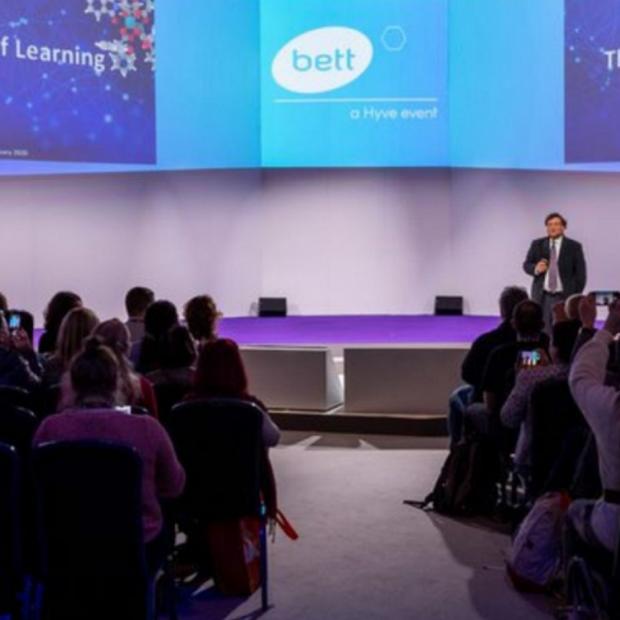GCEN representatives were impressed by the self-directed learning skills of Estonian students
During October 17-20th, 2022, Tallinn University's School of Educational Sciences hosted the Global Cities Education Network (GCEN) as part of their annual symposium. Members of the network admitted that the visit was very inspiring and they would recommend other countries to take Estonia as an example as well.

"We met many excellent experts and had the opportunity to engage in reflective conversations with them so that everyone could walk away with something for their own system." The connectedness and true partnership between all stakeholders, as well as supporting each other and moving towards a common goal was seen as one of the biggest strengths of the Estonian education system. "Estonia is characterized by flexibility and openness to reforms and innovation plus an intentional aspiration to want everyone to be involved in the process," the guests said.
In order to get first-hand experience and perspectives from inside the system, we included school visits in the programme. The delegation visited Tallinn German Gymnasium, Pelgulinna Gymnasium, Tallinn Sydalinna School and Open School. The delegation noticed the students' great desire and readiness to learn and were impressed by their self-directed learning skills. In addition, the autonomy of the schools, the central position in the community and the constant effort to develop were brought out as a powerful aspect. "We were surprised and excited by the idea that culture is key - they seem to have a great motivation for learning and it seems deeply embedded within the fabric of the community," the delegation confirmed.

GCEN organizes such symposiums for its members every year with the aim of learning from different education systems around the world, discussing current topics with experts in their field, learning about innovative practices etc. This year the network decided to focus on Estonia and four major overarching themes were identified as the basis for the program:
- Learning Ecosystem: The Power of Technology and New Pedagogies;
- New Ambitions for Learning and the Central Role of Digital Literacy;
- The Teaching Profession: Teacher Preparation for a Collaborative Profession and Teacher Agency;
- Assessment, Recognition, and Credentialing Systems to Recognize Complex Competencies
Over the course of four days, several panel discussions took place in which we included university experts, as well as representatives from the Ministry of Education and Research, the Education and Youth Board, Estonian Quality Agency for Education, general education schools and hobby schools, leaders of various educational programs and initiatives etc. In addition, the program included school visits, meetings with EdTech companies (Edumus, SpeakTX, Cashy, Praktikal, Einsteins Square), a workshop at the EduSpace research laboratory and a public forum focusing on the future of education.
GCEN is an international learning community focused on systems-level education reform. The network believes a focus on systems is critical to the adaptation and implementation of lessons learned from abroad. Member teams include a mix of high-level policymakers from K-12 education, higher education, philanthropy, business, and other community stakeholders. who enable the conditions allowing for change to take place in their specific context. This approach is unique and highly valued by GCEN members. Teams work together to identify common, high-priority problems, research best practices, and then develop effective, practical solutions that can be adapted to varying cultural and political contexts.

